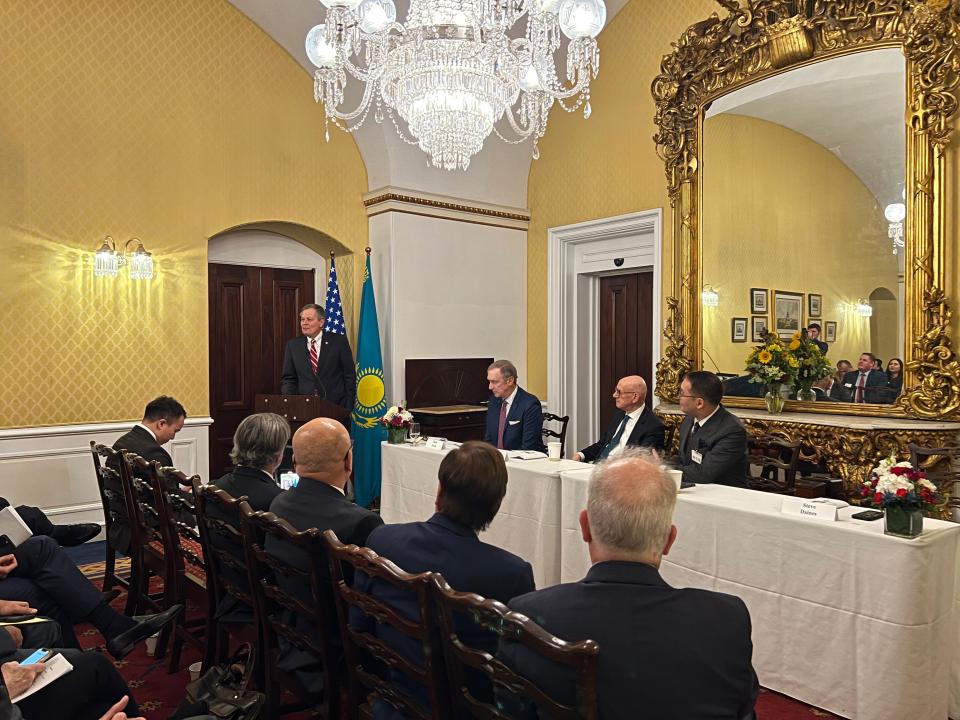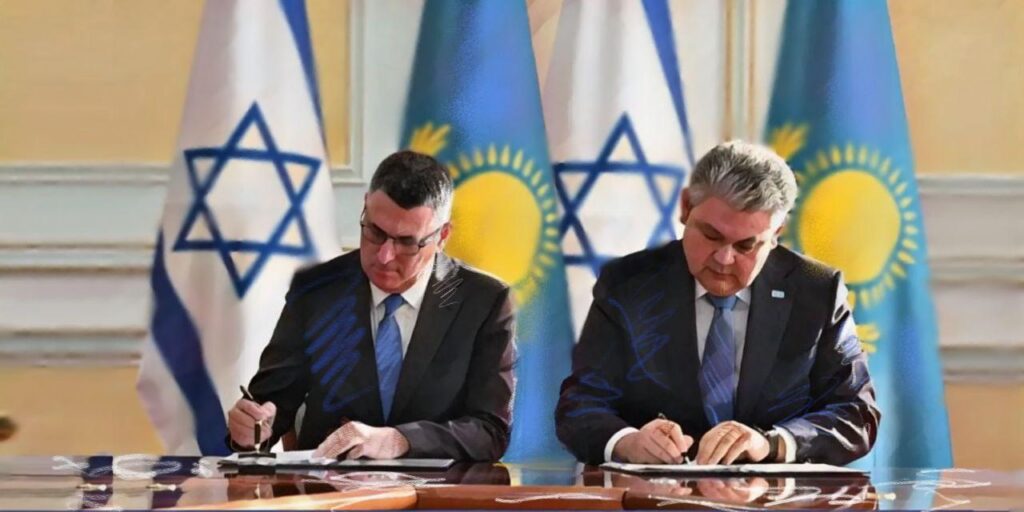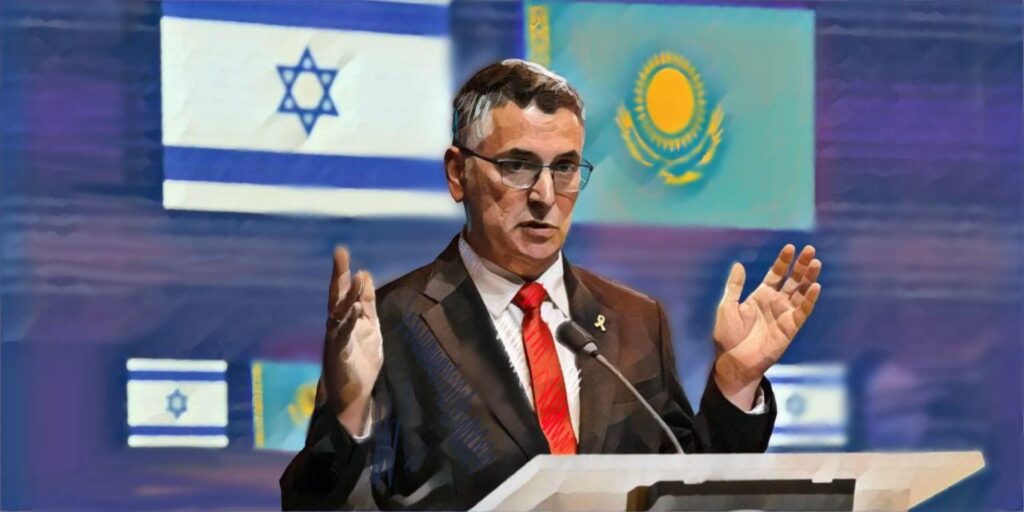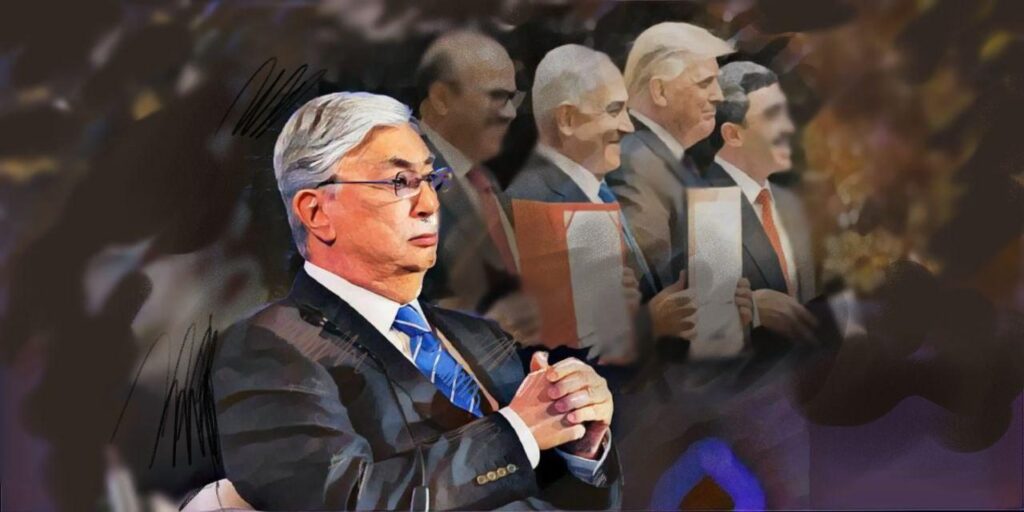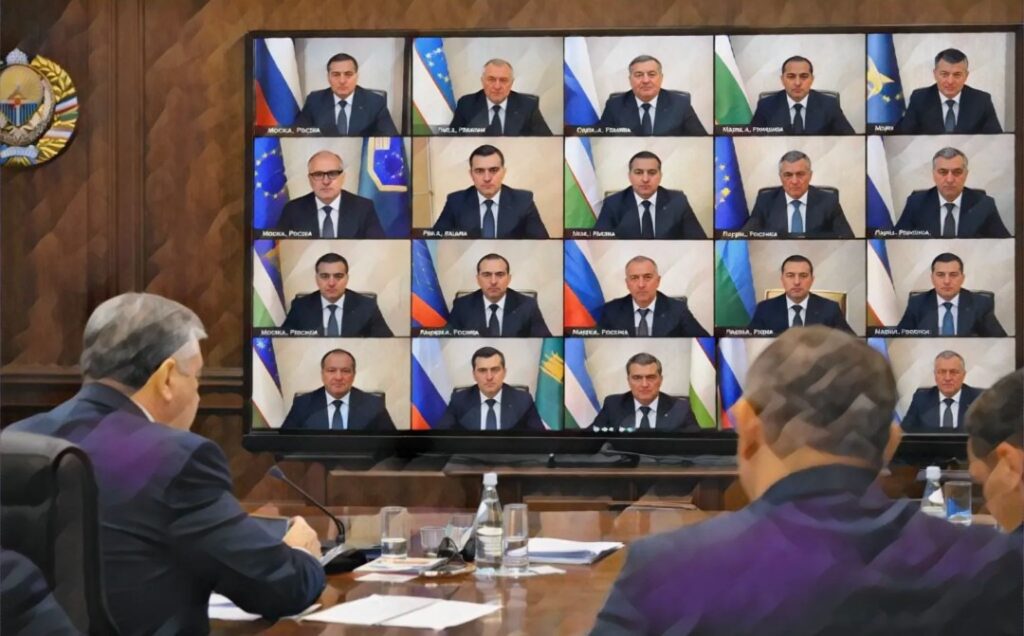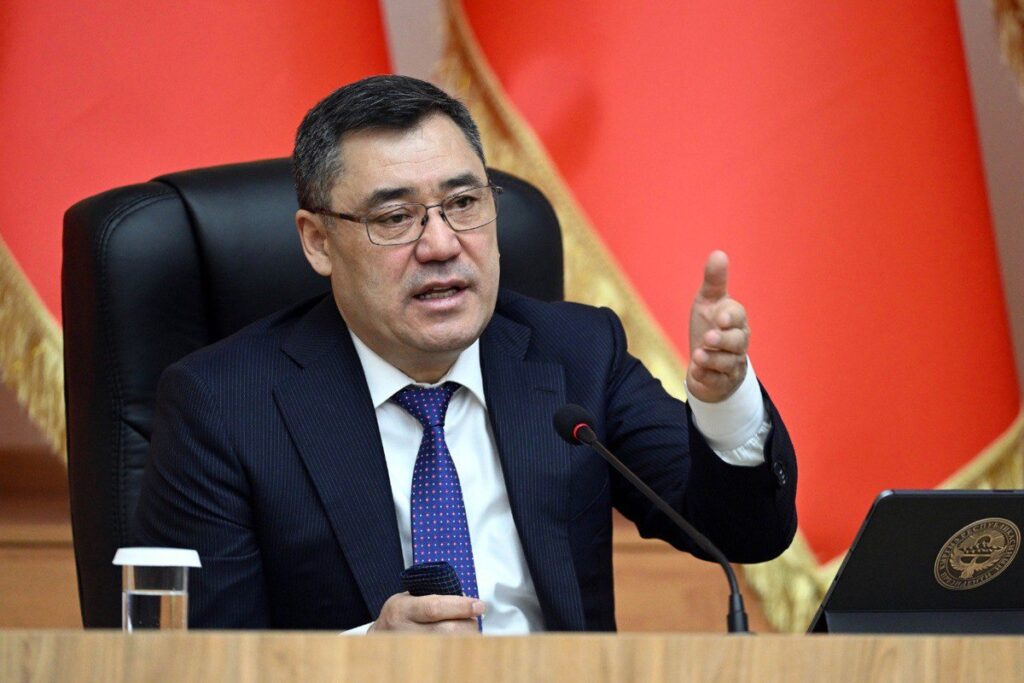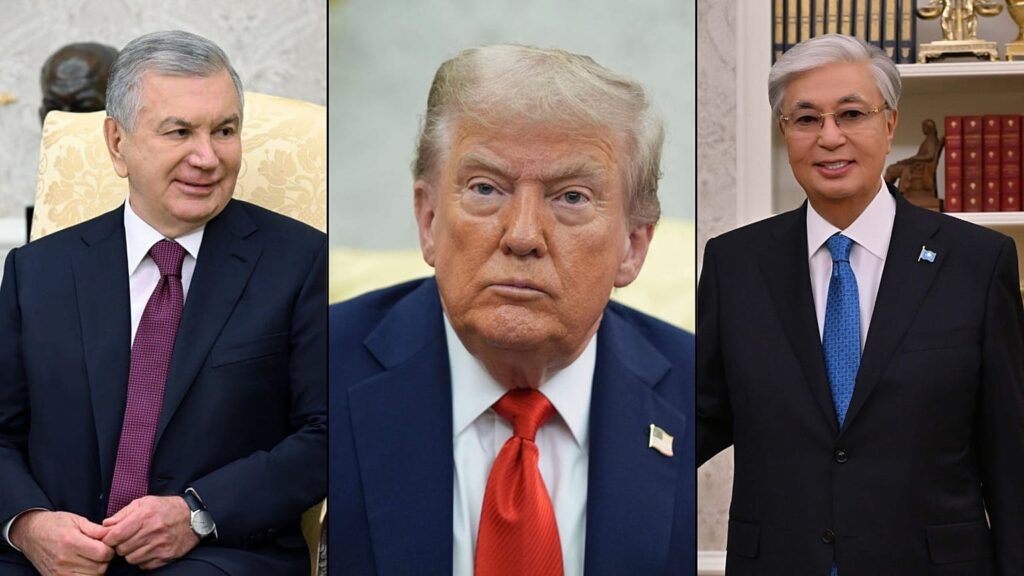On November 19, the U.S. Congress hosted a discussion on repealing the Jackson-Vanik Amendment as it pertains to Kazakhstan. The event brought together members of Congress, officials from the U.S. State Department, Kazakhstan’s Ambassador to the United States, Yerzhan Ashikbaev, and representatives from business and expert communities.
A Cold War-era provision, the Jackson-Vanik Amendment to the 1974 Trade Act denied the U.S. normal trade relations with non-market economies — primarily countries in the former Soviet bloc — that restricted emigration for Jewish and other minority populations or violated human rights.
In his opening remarks, Ambassador Ashikbaev underscored the importance of repealing the amendment for Kazakhstan, highlighting the country’s transformation into a regional leader in attracting foreign investment and promoting stability in Central Asia.
“Over the past 30 years, Kazakhstan has emerged as the second-largest economy in the post-Soviet space, accounting for two-thirds of Central Asia’s GDP. The repeal of the Jackson-Vanik Amendment and the establishment of Permanent Normal Trade Relations with Kazakhstan is a strategic move that will strengthen ties between Kazakhstan and the U.S., providing stability and predictability for American investors,” the ambassador stated.
Congressman Tom Suozzi commended Kazakhstan for its efforts to promote religious freedom and the rule of law. He also emphasized that the U.S. recognizes Kazakhstan’s geopolitical challenges and the critical role of strengthening economic security in the region for mutual prosperity.
Senator Chris Murphy stressed the strategic importance of Central Asia in U.S. foreign policy. He argued that repealing the amendment would signal Washington’s serious commitment to the region. While the amendment’s sanctions were effective in the past, Murphy noted they are now irrelevant to Kazakhstan, which fully complies with international norms.
Senator Steve Daines, co-chair of the Senate Central Asia Caucus, reflected on his visit to Kazakhstan in March. He described the establishment of the caucus following his trip and assured participants of his ongoing efforts to achieve Permanent Normal Trade Relations between the U.S. and Kazakhstan.
Eric Rudenshiold, Senior Fellow at the Caspian Political Center and former National Security Council official, also emphasized the need for repeal. He noted that this step should have been taken earlier, given Kazakhstan’s significant political and economic progress over 33 years of independence. He described the repeal as both justified and timely.
Participants in the discussion concluded that, given Kazakhstan’s successful economic reforms and its adherence to market economy principles, the Jackson-Vanik Amendment is no longer relevant.
